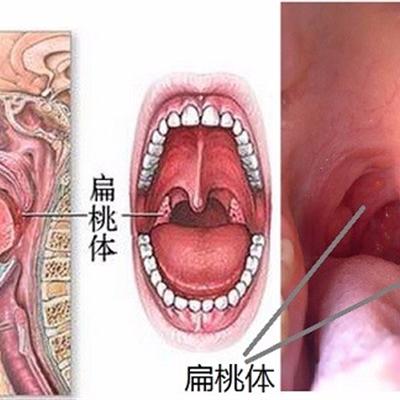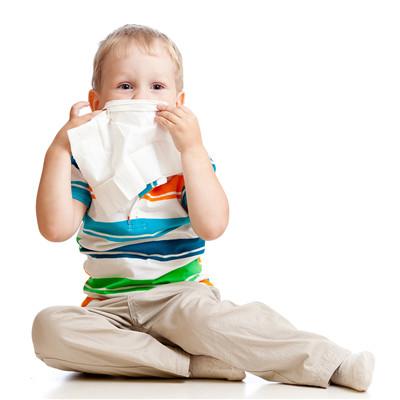What are the diseases similar to cold symptoms?
summary
Cold is a very common respiratory disease. Both the elderly and children are prone to cold. It can be said that cold is the most common of many diseases. In medicine, the symptoms of many diseases are very similar to cold. In order to distinguish them from each other, Here is to analyze the symptoms of several diseases similar to cold.
What are the diseases similar to cold symptoms?
Some infectious diseases with rashes. Such as measles, rubella, infantile rash, chickenpox and so on. They are also symptoms of some colds at the beginning of the disease, but after 1-3 days there will be a rash. Therefore, children suffering from a "cold", we should pay attention to see if there is a rash on the body, timely find a doctor for treatment.
Flu. It is caused by influenza virus. In fact, it is also a kind of "Shanggan". However, there is an obvious epidemic trend. Many people in the same room and class often get sick one after another. The symptoms of cough and runny nose are not necessarily very serious, but the systemic symptoms are obvious, such as high fever, sore body and severe headache.
Digestive tract diseases. Because children's cold often has abdominal pain, diarrhea, vomiting and other gastrointestinal symptoms, sometimes mistakenly thought to be suffering from enteritis, but the vomiting and diarrhea of children's enteritis is much heavier than the diarrhea of cold, and often appear dehydration, and most of them have no cold symptoms such as runny nose and cough“ "Autumn diarrhea" has symptoms of Shanggan, but its special onset season (autumn and winter), watery stool and dehydration symptoms are completely different from Shanggan.
matters needing attention
The best way to prevent acute upper respiratory tract infection is to strengthen the body's own disease resistance ability. For example, we should stick to regular and appropriate physical exercise, adhere to cold bath, improve the body's ability to prevent diseases and adapt to cold, do a good job in cold prevention, avoid predisposing factors, live regularly, avoid overwork, especially overwork at night, and pay attention to the isolation of respiratory tract patients, Prevent cross infection, etc.










